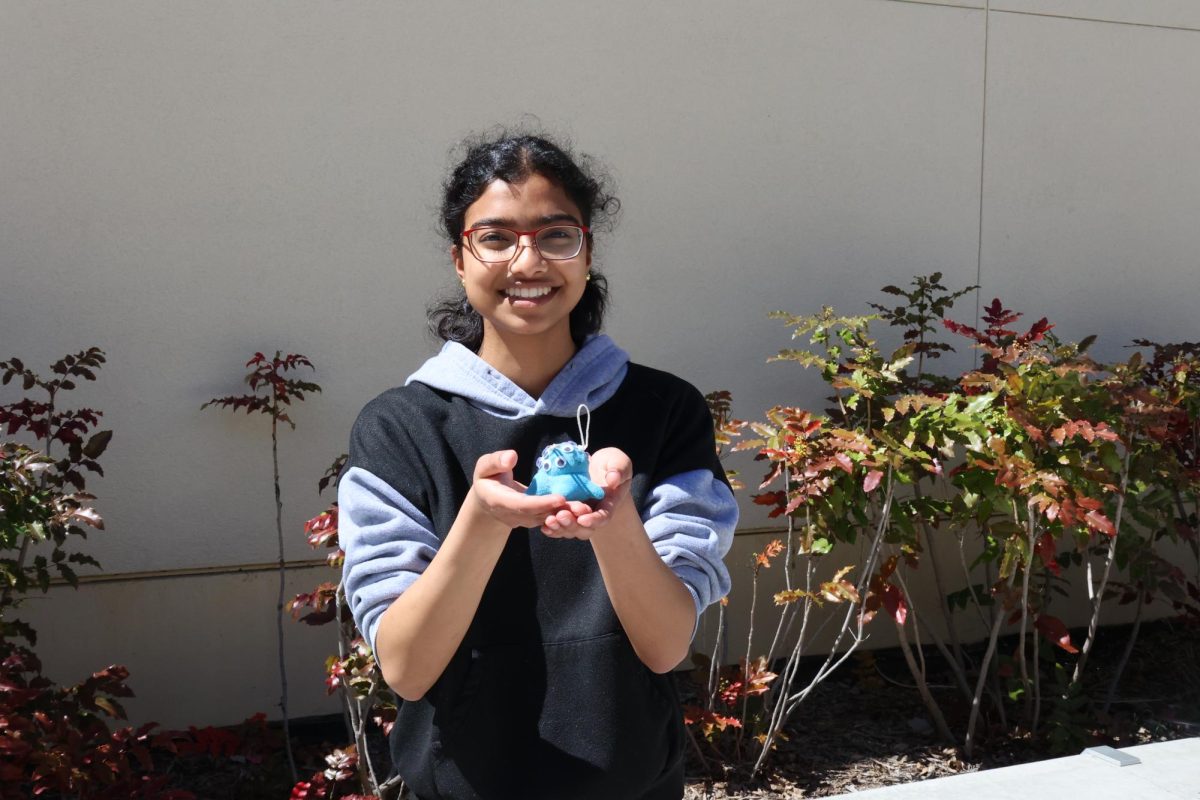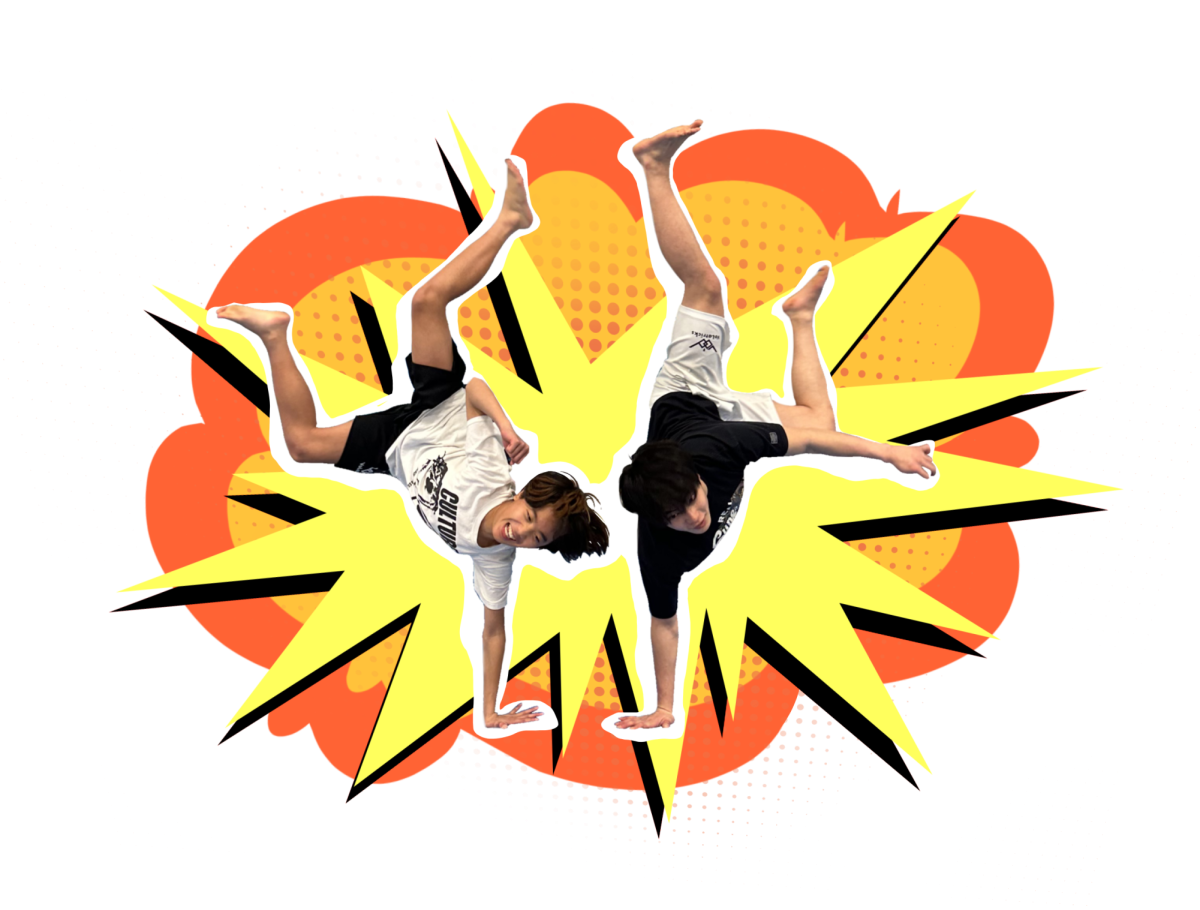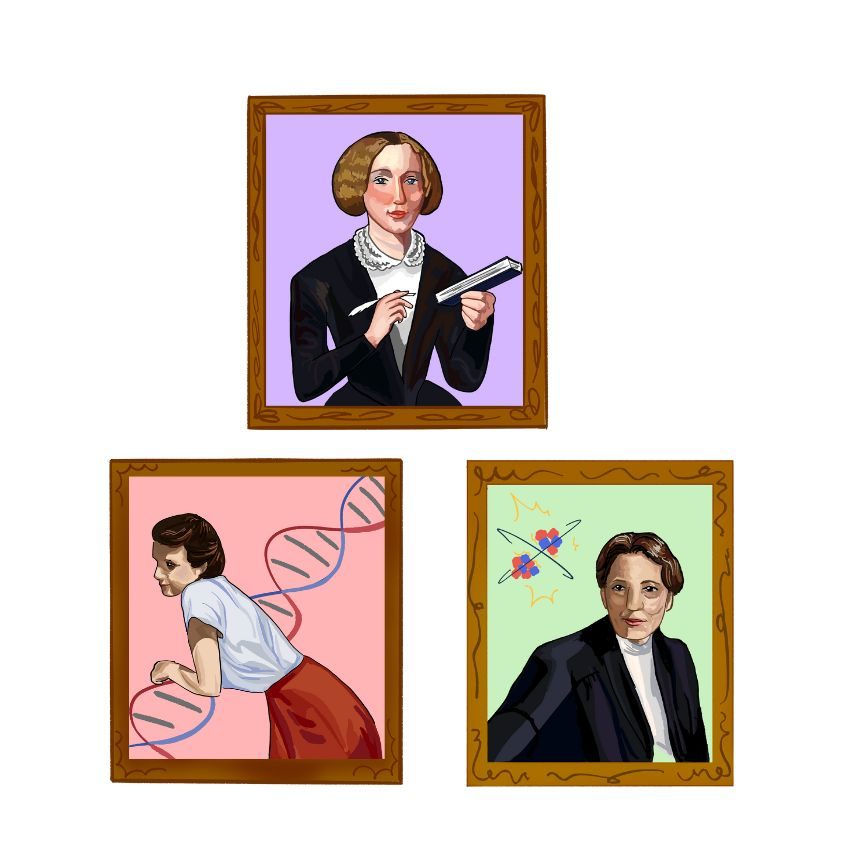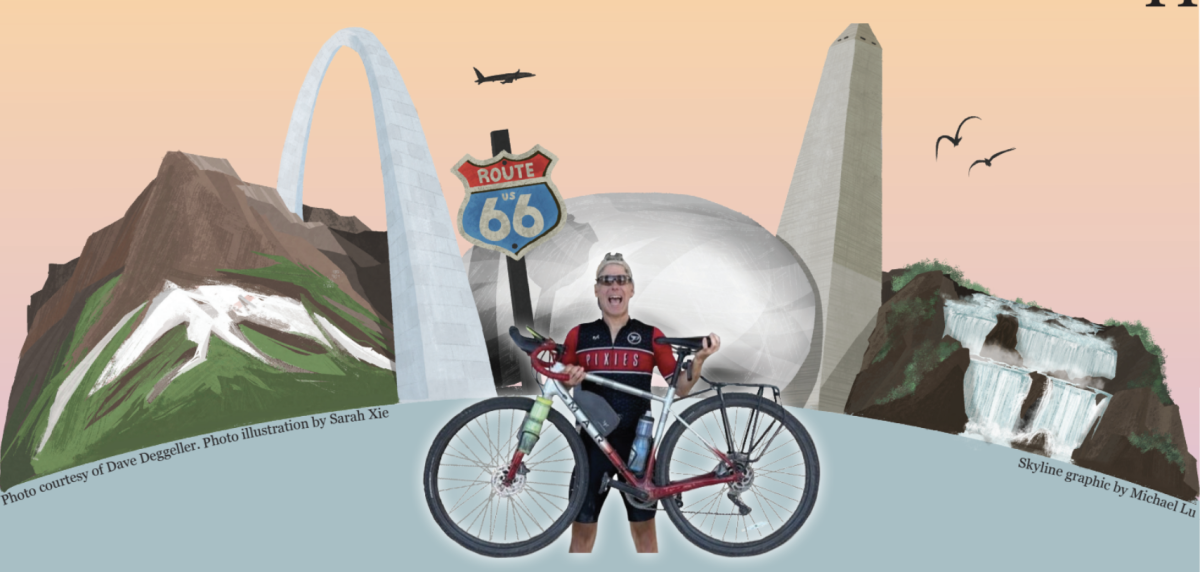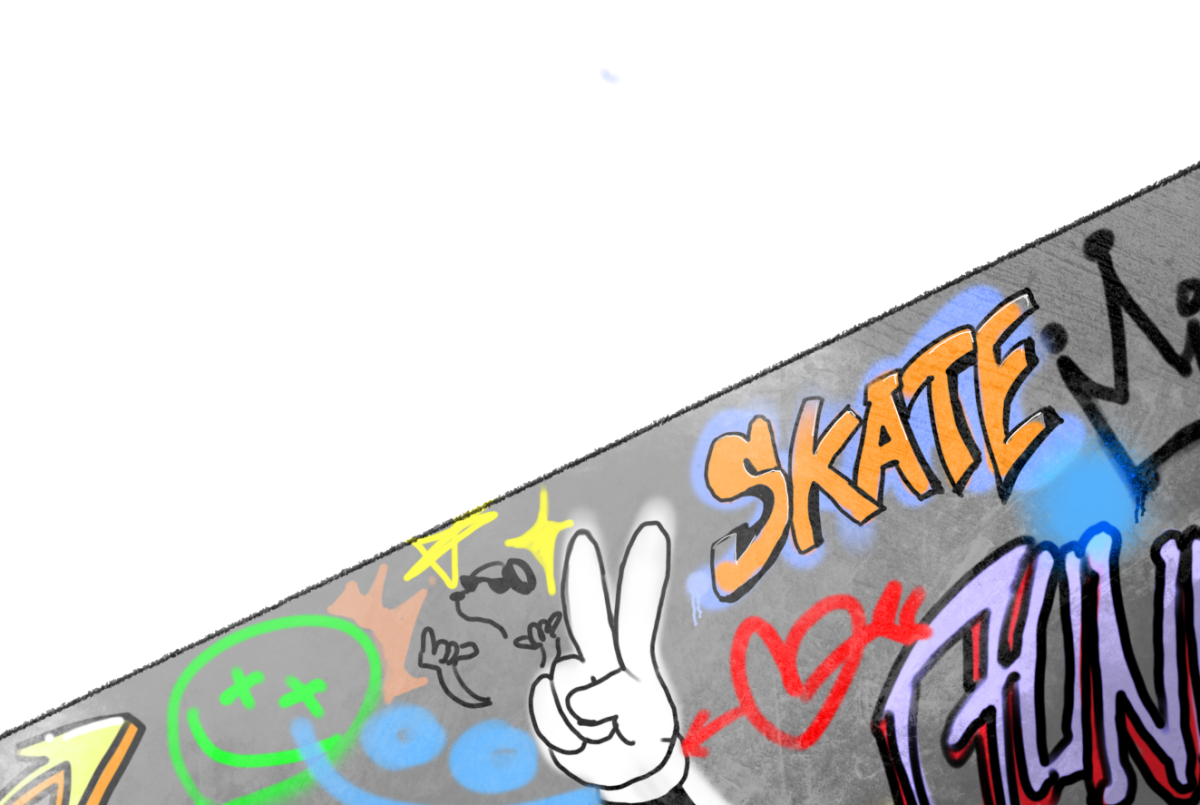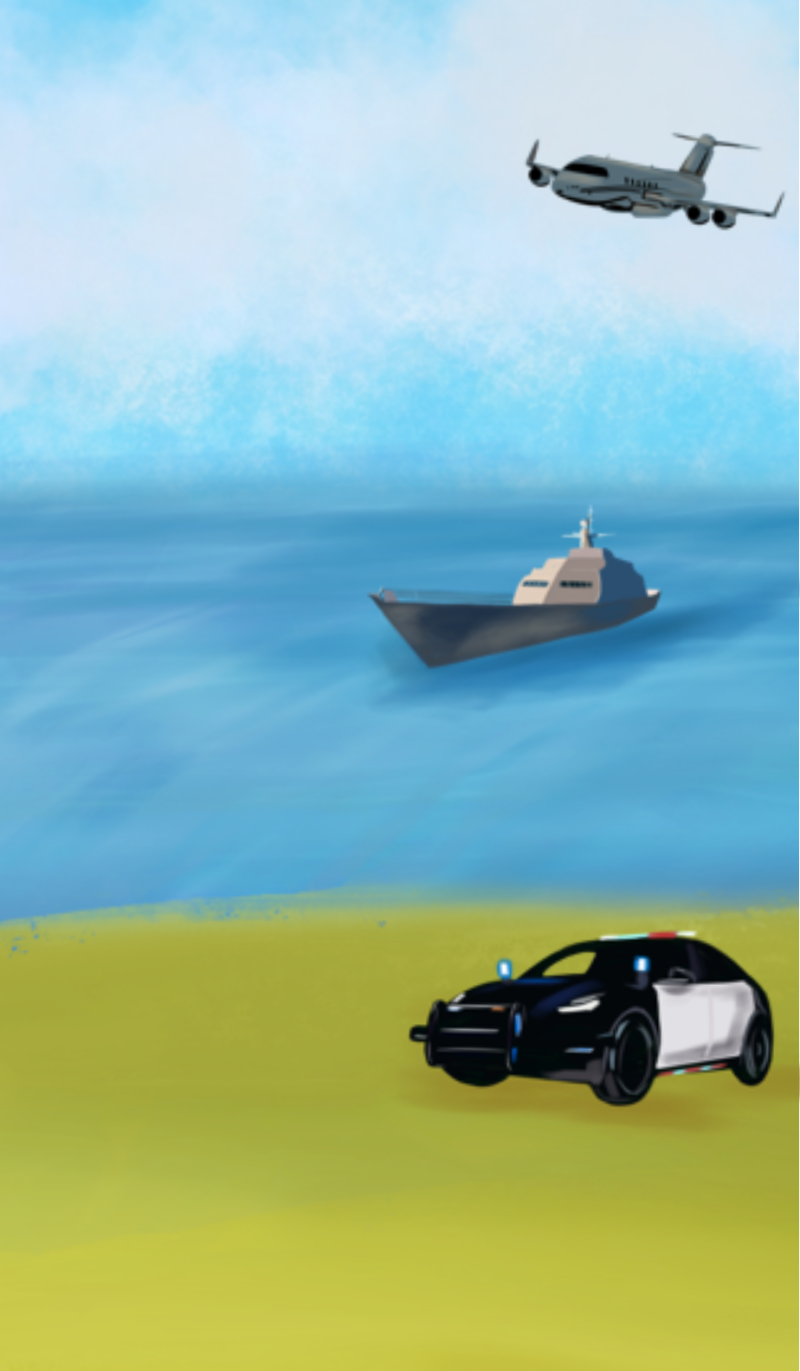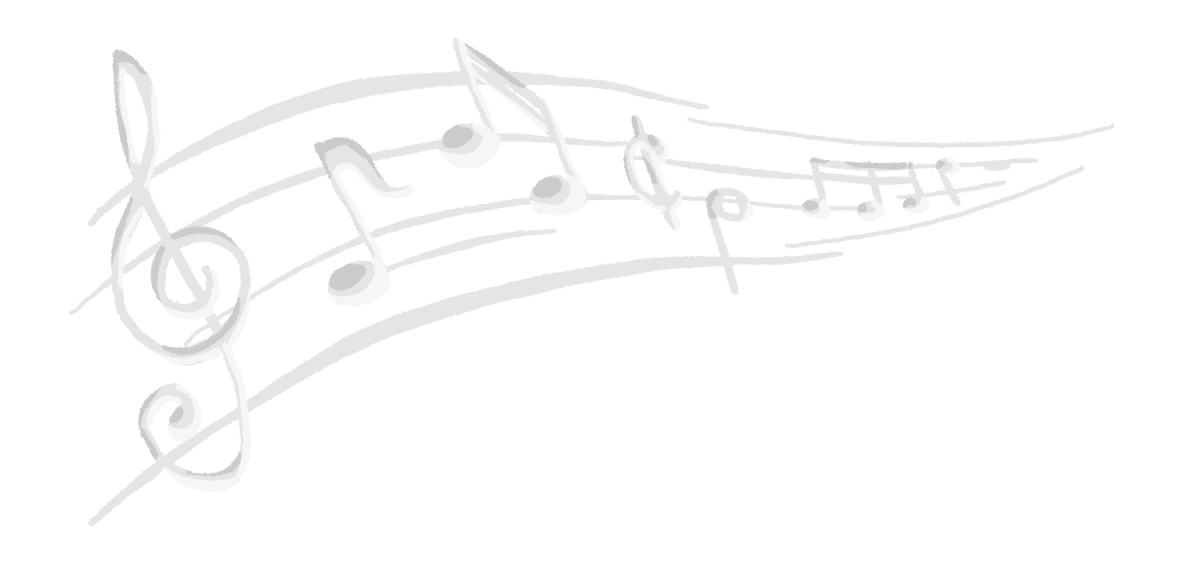Written by Shannon Yang
Published in the October 8, 2015 issue
When Brian Yu was a student at Gunn, he went through a lot of difficulties, which prompted him to take action. “I was really depressed [and] I went through a lot of therapy,” Yu said. “It’s Gunn kids, they kind of just go through a lot of different things. Part of it is academic stress, part of it is pressure from parents, pressure from peers, and I feel like I was the ‘norm’ when it came to that.”
One of Yu’s biggest stressors was the pressure from his engineer parents to succeed in science, technology, engineering and math (STEM) subjects. However, Yu realized that math and science were not clicking with him. “I just decided to go with my interests,” he said.
Now a senior at University of California Santa Barbara (UCSB), Yu went through his early college years in community college, which, he said, is abnormal for Gunn students. He stressed that one of the biggest problems at Gunn is the expectation to get into a great college straight out of high school.
“Most of the parents want their kids to go to amazing schools, but [college is] not all about how great the school is,” Yu said. “It’s just about being there, discovering yourself, working really hard [and] just being comfortable where you are. When I was in community college, it took a little bit of time for me to get adjusted to it, but eventually I did get used to it and made the most out of it, and now I’m here at UC Santa Barbara and things are working out now.”
Yu, a psychology major with a minor in education, got his first taste of “teaching” at a basketball coaching job with elementary school kids. “It was at that time that I realized that I really have a love for teaching,” he said. “Because I feel like people can influence other people on a very personal level through the education system.”
Right now, Yu is combining his passions in mental health and education by conducting research and working on a project that would destigmatize depression at Gunn. He plans to pitch his project to Gunn administration after winter break.
Yu hopes his program will help with the biggest problem at Gunn, which he believes to be the fact that adults are constantly tell- ing the students what is wrong with them. The program aims to combat this by allowing students to support each other rather than having teachers or counselors dictate their problems. “Instead of adults telling them, ‘Oh, you should do that, you should do this,’ it’s kind of just like peer-to-peer interaction, which transmits the message a little better,” Yu said.
He was motivated, in part, by a program at UCSB called “Health and Wellness.” “It’s a student-run organization where students put on events, do outreach, do workshops [and] reach out towards the entire community of UC Santa Barbara,” he said.
Yu hopes that his project will help people going through tough times like he once did. “I had a really low self-esteem and I felt like none of my friends were there for me, so I kind of was like in a really deep like depression,” Yu said. “When I got out of it, I really just felt like I wanted to help other people who were in the same situation as me. You’re never as lonely as you think you are.”




